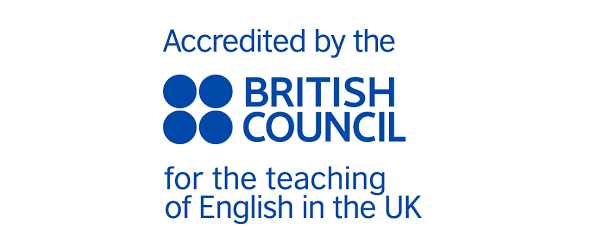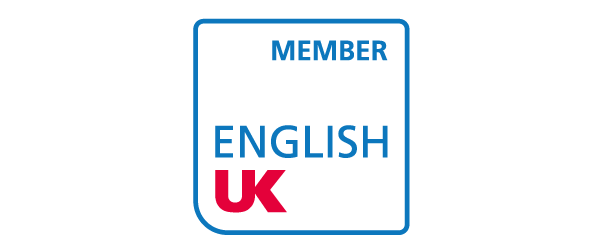This module will familiarise you with recent trends in language teaching methodology and their historical antecedents. You will develop an understanding of the main factors which influence language learning, and the implications of these factors for teaching and learning. You will carry out small-scale investigations into classroom practices and write language awareness materials for your own learners. Overall, you will develop a clear, practical view of language for teaching purposes and reflect constructively on your own practice.
This module carries 60 credits.
" I liked the interactive aspect of it, the sharing of ideas and opinions, the way the tutors' role was that of moderators rather than lecturers most of the time. It gave me the opportunity to actually think and develop my own ideas about the course materials rather than just memorizing theoretical knowledge without any clear purpose. "
Jelena
Is this course for you?
12 January - 22 April 2026
7 September - 16 December 2026
Postgraduate Certificate, Diploma or MA awarded by University of Chichester
Course content
Assessment will be by three assignments, written after completion of the course and supervised at distance by tutors. The assignments will be on:
- Views of Learning (40% of total mark)
- Views of Language (30%)
- Views of Language Teaching (30%)
Each assignment will involve small-scale investigation of your own practice.
During the course, you will write and receive feedback on an ungraded formative assignment to help you to familiarise yourself with the requirements of writing at postgraduate level
" Already I am seeing the benefits. I am motivated to try new things, more aware of my roles and responsibilities, and more confident due the knowledge I have gained. "
Gareth
" The tutors are awesome, so quick and accurate at replying and giving feedback. They are always willing to help us. "
Rafael
Further Information
Online MA modules are highly interactive and learning takes place through varied and engaging multimedia content and the collaboration between participants from different contexts.
Courses are broken down into individual units and activities, forming a clear structure, and all participants work on the same unit in the same week. Within that time period there is a high level of flexibility to help you fit studying around your life and work. The interaction, via forums and other collaborative tools built into the platform, helps and encourages you to share ideas, ask questions, explore concepts and build up a community.
You need a computer, a headset (with microphone) and an internet connection. Much of the course can be done on a mobile device, but a computer is needed for certain activities and tasks.
Participants have access to NILE's extensive ELT e-library and an innovative social and cultural programme. All NILE Online courses include an element of professional language development, i.e. language related to course content and/or the classroom.
MA Module Leader: Kate Gregson
 Kate has worked with NILE since 2016 as a MAPDLE supervisor and tutor on various training courses for NILE Online, as well as MAPDLE modules and other tailor-made courses. She works freelance from France, where she now lives, and has worked in ELT and teacher development in South America, Asia, the Middle East and Europe for over 25 years, more than half of which have involved roles in pre- and/or in-service training, teacher management and teacher supervision in different contexts.
Kate has worked with NILE since 2016 as a MAPDLE supervisor and tutor on various training courses for NILE Online, as well as MAPDLE modules and other tailor-made courses. She works freelance from France, where she now lives, and has worked in ELT and teacher development in South America, Asia, the Middle East and Europe for over 25 years, more than half of which have involved roles in pre- and/or in-service training, teacher management and teacher supervision in different contexts.
Kate has a Master’s degree in Teaching English to Young Learners from the University of York, and holds a DELTA and CTEFLA. Her particular area of interest is in curriculum development, and she is often involved in curriculum reform projects and training. She volunteers with the IATEFL YLTSIG as joint publications editor and has published various reviews of methodology titles for the IATEFL YLTSIG and for the ELT Journal and other articles. She also co-wrote a chapter for the Routledge Handbook of Teaching English to Young Learners.
Available dates:
| Course dates | Location | Course length | |
| 12 January - 22 April 2026 | Online | 14 weeks | |
| 7 September - 16 December 2026 | Online | 14 weeks |



